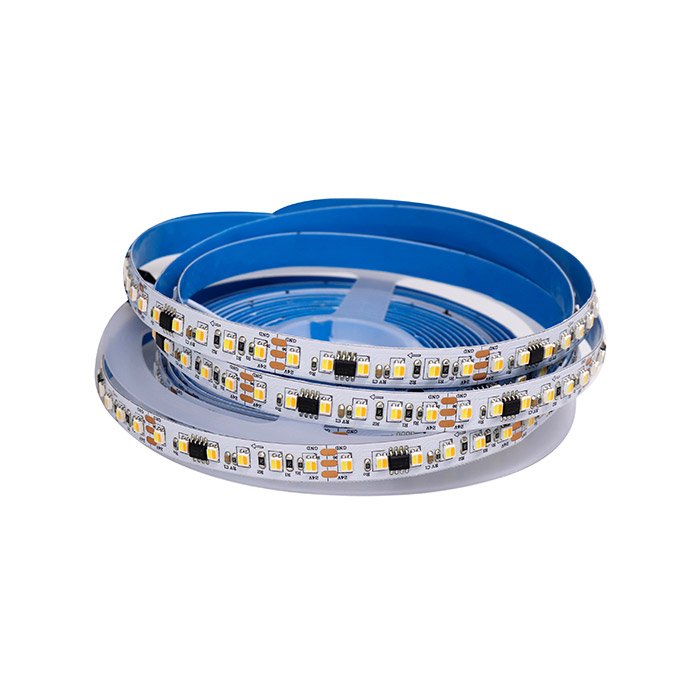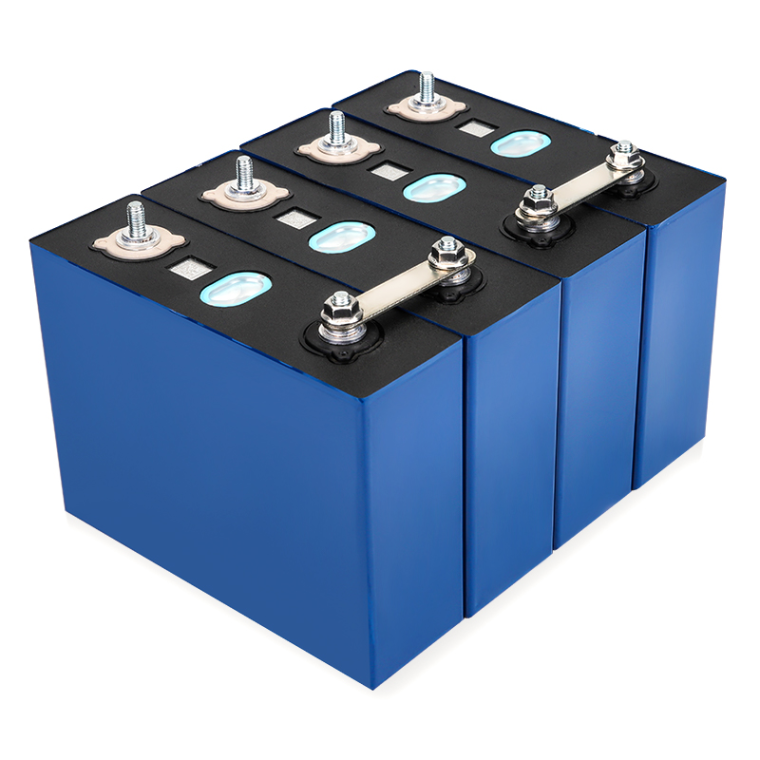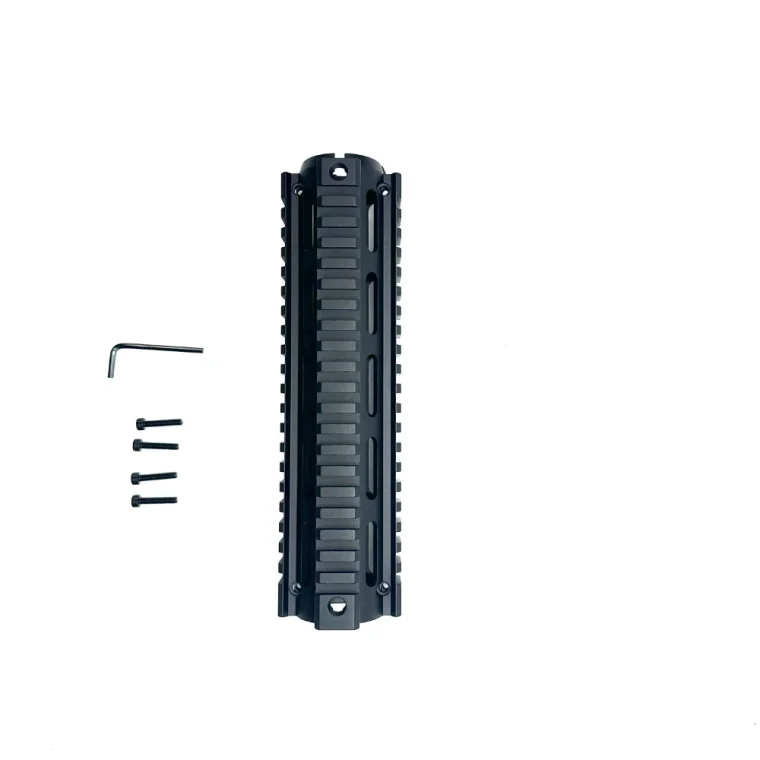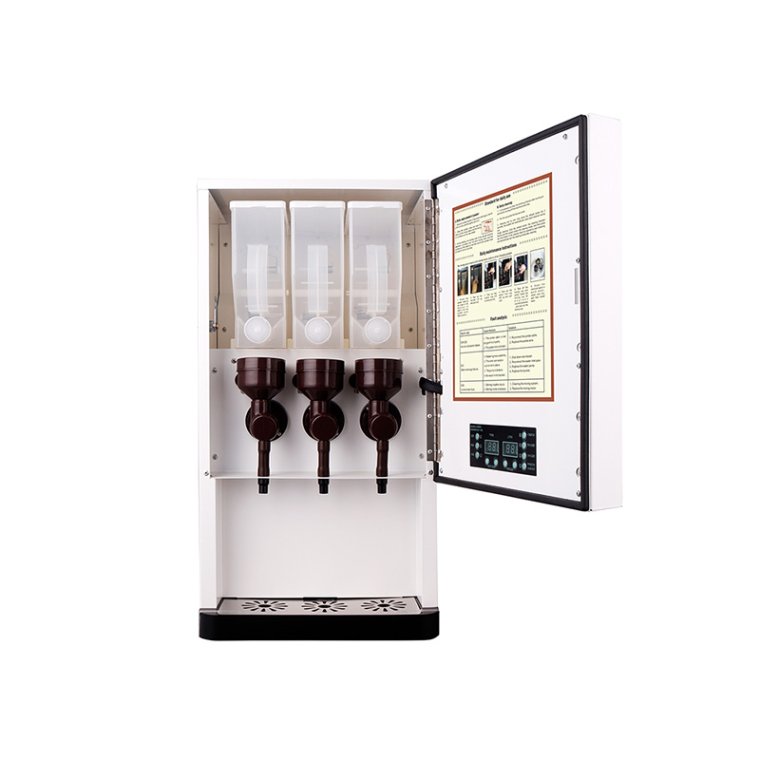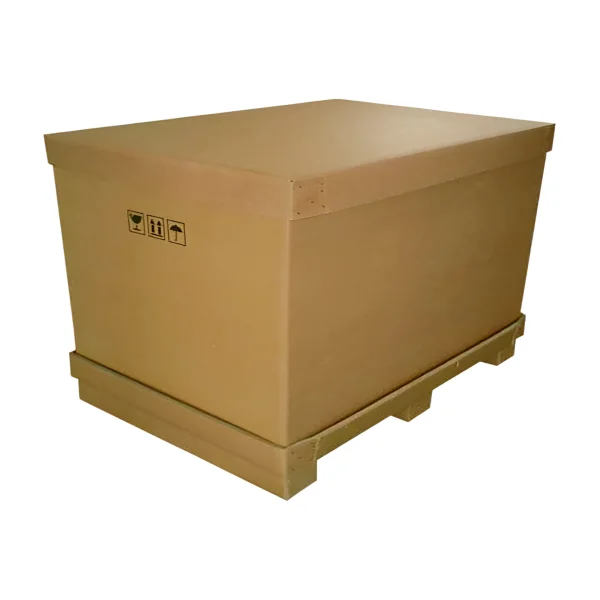In recent years, the concept of minimalist camping has gained traction among outdoor enthusiasts seeking to reconnect with nature while reducing their environmental footprint. This approach emphasizes simplicity, efficiency, and a deeper appreciation for the natural world. In this article, we will explore the principles of minimalist camping, practical tips for implementation, and the benefits of adopting this lifestyle.
Understanding Minimalist Camping
Minimalist camping is not merely about packing light; it is a philosophy that encourages campers to strip away the excess and focus on the essentials. This approach can lead to a more fulfilling outdoor experience, allowing individuals to immerse themselves in nature without the distractions of modern life. The core tenets of minimalist camping include:
- Simplicity: Reducing gear to the essentials helps streamline the camping experience.
- Sustainability: Minimizing waste and environmental impact is a key consideration.
- Mindfulness: Fostering a deeper connection with nature through intentional experiences.
Essential Gear for Minimalist Camping
To successfully embark on a minimalist camping trip, careful selection of gear is crucial. Here are some essential items that balance functionality and weight:
- Shelter: Choose a lightweight tent, tarp, or hammock that suits your environment. Consider a bivy sack for ultra-lightweight options.
- Sleeping System: A compact sleeping bag and inflatable sleeping pad can provide comfort without bulk. Look for options with high warmth-to-weight ratios.
- Cooking Equipment: Opt for a portable stove or a simple campfire setup. A lightweight pot, a multi-tool, and a few utensils are often sufficient for meal preparation.
- Clothing: Layering is key. Invest in moisture-wicking base layers, an insulating mid-layer, and a waterproof outer layer. Choose versatile clothing that can serve multiple purposes.
- Navigation Tools: A map and compass are essential, but a lightweight GPS device or smartphone app can enhance navigation without adding significant weight.
- First Aid Kit: A compact first aid kit tailored to your specific needs is crucial for safety.
Packing Strategies for Minimalist Camping
Packing efficiently is vital for minimalist camping. Here are some strategies to help you pack wisely:
- Prioritize Multi-Use Items: Select gear that can serve multiple functions. For example, a bandana can be used as a towel, pot holder, or sunshade.
- Use Compression Sacks: These can significantly reduce the volume of your sleeping bag and clothing, allowing for more efficient packing.
- Plan Meals Wisely: Choose lightweight, high-calorie foods that require minimal preparation. Dehydrated meals, nuts, and energy bars are excellent options.
- Limit Personal Items: Bring only what you need for personal hygiene and comfort. A small toothbrush, biodegradable soap, and a quick-dry towel can suffice.
Embracing the Minimalist Mindset
Adopting a minimalist camping lifestyle goes beyond gear selection; it requires a shift in mindset. Here are some ways to cultivate this perspective:
- Practice Gratitude: Take time to appreciate the beauty of your surroundings. Journaling or meditative practices can enhance this experience.
- Disconnect: Leave technology behind. Embrace the silence and solitude of nature, allowing yourself to recharge mentally and emotionally.
- Engage with Nature: Participate in activities such as hiking, birdwatching, or stargazing. These experiences foster a deeper connection with the environment.
The Benefits of Minimalist Camping
The advantages of minimalist camping extend beyond the immediate experience. Here are some long-term benefits:
- Environmental Impact: By reducing gear and waste, minimalist campers contribute to the preservation of natural spaces.
- Cost-Effectiveness: Fewer items mean lower costs, making camping more accessible for everyone.
- Enhanced Experience: With fewer distractions, campers can fully engage with their surroundings, leading to a more profound appreciation for nature.
- Improved Skills: Minimalist camping encourages the development of essential outdoor skills, such as navigation, cooking, and survival techniques.
Conclusion
Minimalist camping is a rewarding approach that invites individuals to embrace simplicity and sustainability in the great outdoors. By carefully selecting gear, packing efficiently, and adopting a mindful mindset, campers can enhance their experiences while minimizing their environmental impact. As you prepare for your next adventure, consider the principles of minimalist camping and discover the joy of reconnecting with nature in its purest form.

